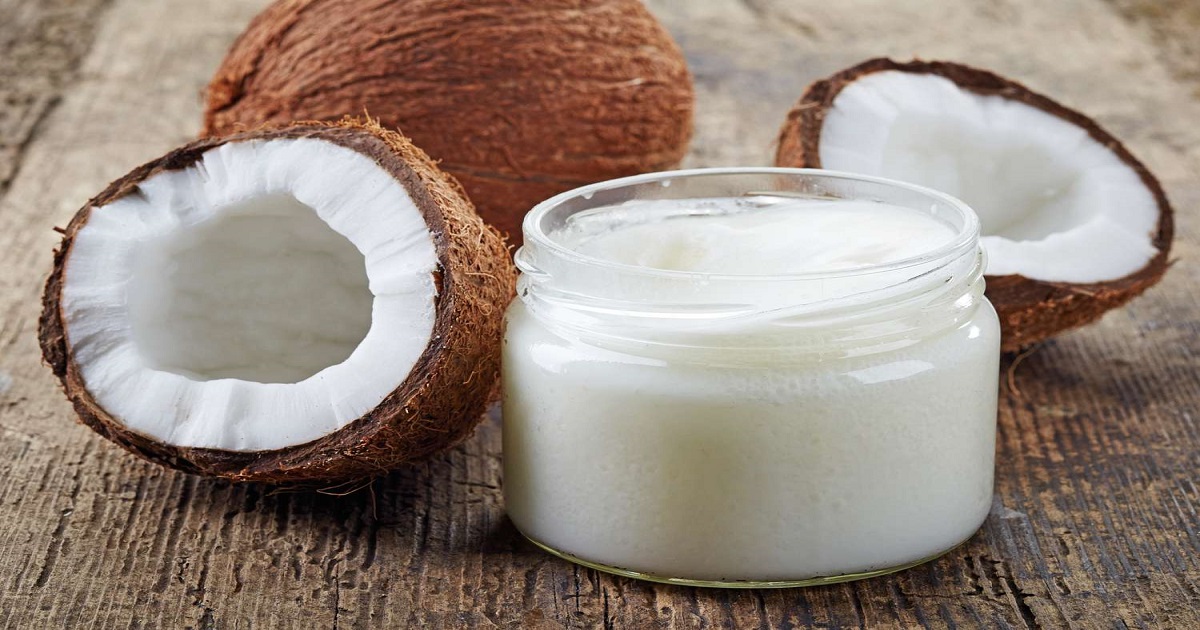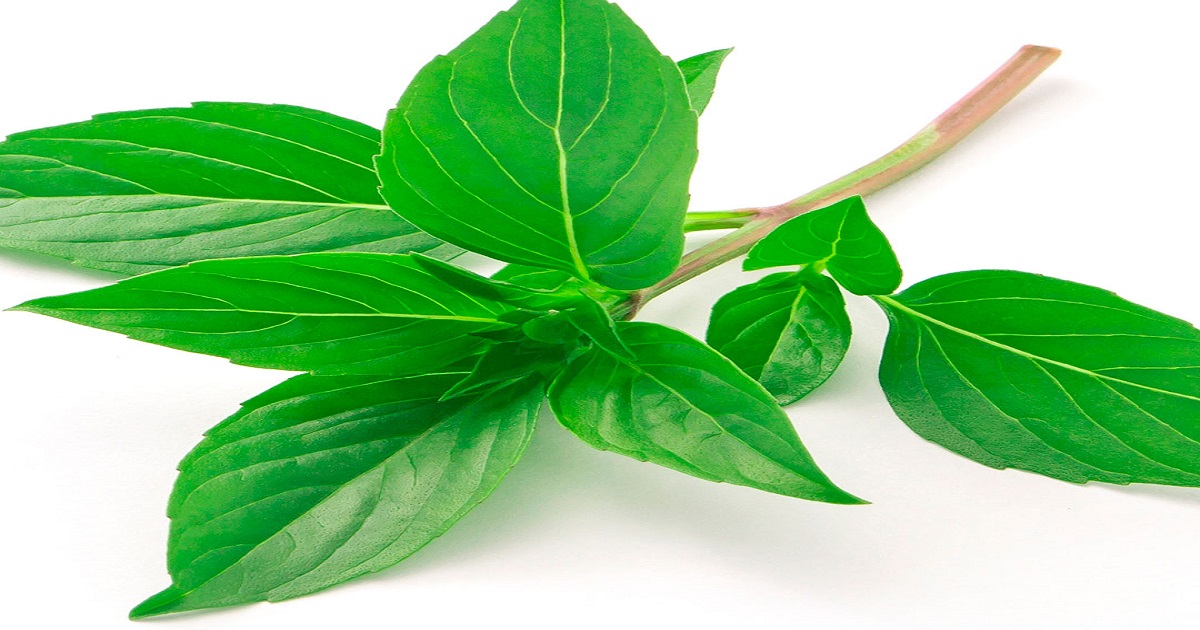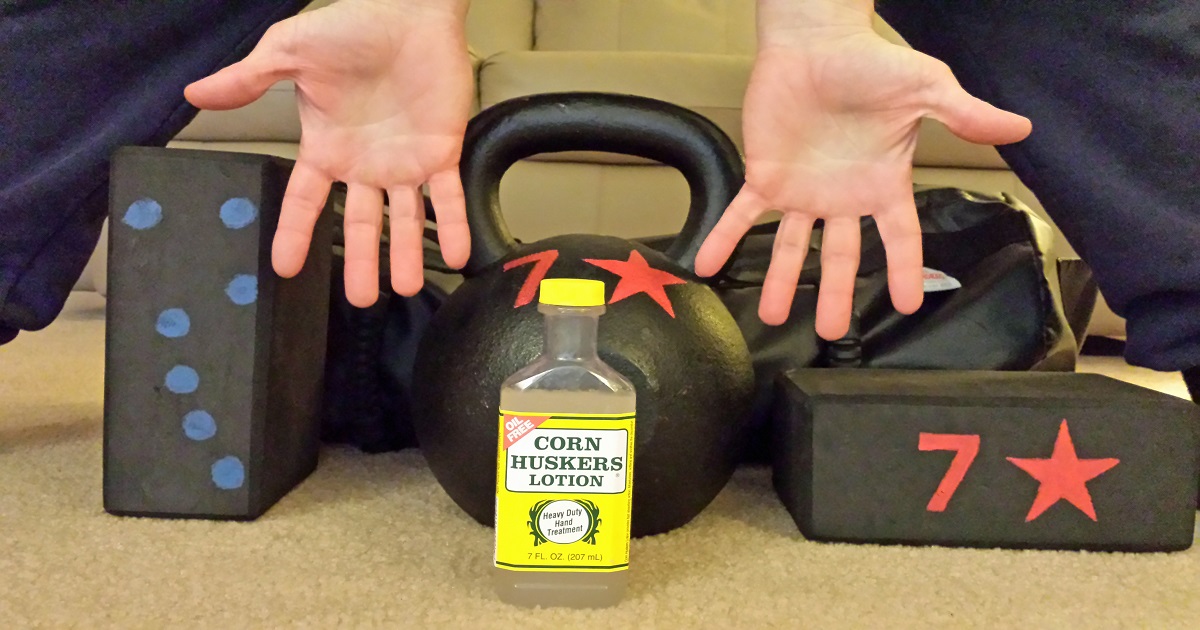Introduction
Ever wondered what the hype around dry coconut oil is all about? You’re not alone! This versatile oil has gained immense popularity for its numerous benefits and uses. But what exactly is dry coconut oil, and how does it differ from the regular coconut oil we know? Let’s dive into this comprehensive guide to uncover everything about dry coconut oil.
Understanding Dry Coconut Oil
Composition of Dry Coconut Oil
Dry coconut oil, also known as fractionated coconut oil, is derived from regular coconut oil through a process called fractionation. This method removes long-chain fatty acids, leaving behind medium-chain triglycerides (MCTs). These MCTs make the oil stay liquid at room temperature and enhance its shelf life.
Difference Between Dry Coconut Oil and Regular Coconut Oil
While regular coconut oil solidifies at lower temperatures, dry coconut oil remains liquid. This key difference is due to the removal of certain fatty acids in dry coconut oil, making it more versatile and easier to use in various applications, especially in skincare and haircare.
Benefits of Dry Coconut Oil
Nutritional Value
Dry coconut oil is rich in MCTs, particularly caprylic and capric acids, which are known for their quick energy-boosting properties. These MCTs are metabolized differently by the body, providing a rapid source of energy without being stored as fat.
Health Benefits
Dry coconut oil offers several health benefits, including:
- Boosting Energy Levels: The MCTs in dry coconut oil provide a quick energy source, ideal for athletes and those needing an energy boost.
- Supporting Weight Loss: MCTs can increase feelings of fullness and enhance metabolism, aiding in weight management.
- Improving Digestion: The antibacterial properties of caprylic acid can help maintain a healthy gut by combating harmful bacteria.
Skin Benefits
Dry coconut oil is a favorite in skincare routines for good reasons:
- Moisturizing: It penetrates deeply into the skin, providing long-lasting hydration without clogging pores.
- Anti-Aging: Rich in antioxidants, it helps reduce the appearance of fine lines and wrinkles.
- Soothing: Its anti-inflammatory properties make it ideal for soothing irritated skin and reducing redness.
Hair Benefits
When it comes to haircare, dry coconut oil is a game-changer:
- Nourishing: It deeply nourishes the scalp and hair, promoting healthier and shinier hair.
- Strengthening: Helps reduce protein loss in hair, making it stronger and less prone to breakage.
- Conditioning: Acts as a natural conditioner, leaving hair soft and manageable.
Uses of Dry Coconut Oil
Culinary Uses
Though not as commonly used in cooking as regular coconut oil, dry coconut oil can still be a great addition to your kitchen. Its high smoke point makes it suitable for sautéing and stir-frying, and its neutral taste won’t overpower your dishes.
Skincare Applications
Dry coconut oil is a staple in many skincare products and routines. Use it as a facial moisturizer, makeup remover, or a soothing agent for minor skin irritations. Its lightweight texture makes it perfect for daily use.
Haircare Applications
Incorporate dry coconut oil into your haircare regimen by using it as a pre-wash treatment, leave-in conditioner, or scalp treatment. Its nourishing properties help keep your hair healthy and shiny.
Medicinal Uses
Thanks to its antimicrobial properties, dry coconut oil can be used to treat minor cuts and wounds. It’s also beneficial for oral health when used in oil pulling to reduce harmful bacteria in the mouth.
How to Use Dry Coconut Oil
Cooking with Dry Coconut Oil
To use dry coconut oil in cooking, simply replace other oils with it for a healthier option. Its stability at high temperatures makes it ideal for frying, baking, and sautéing.
Applying Dry Coconut Oil to Skin
For skincare, apply a small amount of dry coconut oil directly to your skin. It absorbs quickly, providing immediate hydration. Use it as a base for homemade lotions or as a carrier oil for essential oils.
Using Dry Coconut Oil for Hair Treatments
For hair treatments, massage dry coconut oil into your scalp and hair, leave it on for at least 30 minutes, then wash it out with your regular shampoo. This helps to deeply nourish and condition your hair.
DIY Recipes with Dry Coconut Oil
Homemade Skin Moisturizer
Mix dry coconut oil with shea butter and a few drops of your favorite essential oil for a luxurious and hydrating skin moisturizer.
DIY Hair Mask
Combine dry coconut oil with honey and yogurt for a nourishing hair mask. Apply it to your hair, leave it on for 20-30 minutes, and rinse thoroughly.
Natural Lip Balm
Create a simple lip balm by mixing dry coconut oil with beeswax and a touch of honey. Pour the mixture into small containers and let it solidify.
DIY Body Scrub
Make an exfoliating body scrub by combining dry coconut oil with sugar or salt and a few drops of essential oil. Use it in the shower for smooth and soft skin.
Dry Coconut Oil in Popular Culture
Celebrity Endorsements
Many celebrities have touted the benefits of dry coconut oil, incorporating it into their beauty and wellness routines. This endorsement has significantly boosted its popularity.
Social Media Trends
Platforms like Instagram and Pinterest are filled with DIY beauty and wellness recipes featuring dry coconut oil, showcasing its versatility and effectiveness.
Comparing Dry Coconut Oil with Other Oils
Dry Coconut Oil vs. Virgin Coconut Oil
Virgin coconut oil is less processed and retains more of the coconut’s natural aroma and flavor. However, dry coconut oil has a longer shelf life and remains liquid at room temperature, making it more versatile for various uses.
Dry Coconut Oil vs. Olive Oil
While both oils offer health benefits, olive oil is more suitable for low-heat cooking and dressings, whereas dry coconut oil excels in high-heat cooking and personal care applications.
Dry Coconut Oil vs. Almond Oil
Almond oil is known for its moisturizing properties but can be heavier on the skin. Dry coconut oil, being lighter, is often preferred for facial applications and quick absorption.
Where to Buy Dry Coconut Oil
Online Retailers
Dry coconut oil is widely available on online platforms like Amazon, making it easy to find and purchase.
Health Food Stores
Many health food stores stock dry coconut oil, often in the skincare or natural products section.
Supermarkets
You can also find dry coconut oil in larger supermarkets, particularly those with a well-stocked natural or organic section.
Storage and Shelf Life
Proper Storage Tips
Store dry coconut oil in a cool, dark place to maintain its quality. Ensure the lid is tightly closed to prevent contamination.
Understanding Shelf Life
Dry coconut oil typically has a longer shelf life than regular coconut oil, often lasting up to two years when stored properly.
Potential Side Effects and Precautions
Possible Allergic Reactions
While dry coconut oil is generally safe for most people, some may experience allergic reactions. Symptoms can include skin irritation, redness, itching, or swelling. If you notice any adverse reactions, discontinue use immediately and consult a healthcare professional.
Safe Usage Tips
To avoid potential issues, perform a patch test before using dry coconut oil extensively on your skin or hair. Apply a small amount to a small area of your skin and wait 24 hours to see if any irritation occurs. Always use the oil as directed and in moderation.
Sustainability and Ethical Considerations
Environmental Impact
Coconut farming can have environmental impacts, including deforestation and habitat destruction. Choosing dry coconut oil from brands that support sustainable farming practices helps minimize these effects. Look for certifications such as Fair Trade or organic labels.
Ethical Sourcing
Ethical sourcing ensures that workers involved in the production of coconut oil are treated fairly and work under safe conditions. Supporting companies that prioritize ethical practices helps promote better standards in the industry.
Scientific Studies and Research
Recent Studies on Dry Coconut Oil
Recent research has highlighted the benefits of MCTs in dry coconut oil for health and wellness. Studies suggest that MCTs can improve metabolic health, support weight loss, and enhance brain function. The oil’s antimicrobial properties have also been examined, showing potential for skincare and oral health applications.
Future Research Directions
Future research may explore more in-depth the long-term effects of using dry coconut oil, particularly in areas like chronic disease prevention, skincare innovations, and broader applications in functional foods.
Conclusion
Dry coconut oil is a versatile and beneficial product with applications ranging from cooking to personal care. Its unique composition, rich in MCTs, offers numerous health, skin, and hair benefits. Whether you’re incorporating it into your diet, skincare routine, or hair treatments, dry coconut oil is a valuable addition to your daily life. With proper usage and ethical considerations, you can enjoy all that this amazing oil has to offer.



